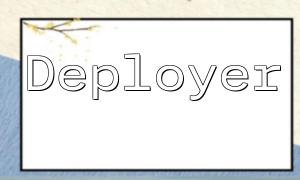Temporarily Disabling PHP OPcache for Debugging
When dealing with performance anomalies or script failures, temporarily disabling OPcache can help determine whether it’s the root cause. You can disable OPcache by adding the following line to your script:
ini_set('opcache.enable', 0);
This is a quick way to isolate OPcache-related issues without having to check each PHP extension manually.
Enabling Error Display for Better Debugging
To make PHP errors visible during development, it's helpful to enable error reporting and display. This makes it easier to spot and fix problems:
ini_set('display_errors', 1);
error_reporting(~0);
Combined with the OPcache disable setting, this gives you immediate feedback on what might be going wrong in your script.
Advanced Debugging with Xdebug
If the previous solutions don't resolve the issue, consider using Xdebug for a more in-depth debugging experience. Xdebug includes a remote debugger that lets you inspect variables, step through code, and interact with your application in real time.
This tool is especially useful for debugging complex applications and works well with popular IDEs like PHPStorm and VS Code, allowing for breakpoint-based, interactive debugging.









